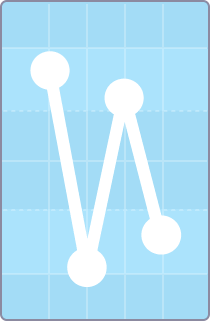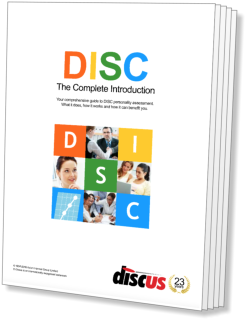High Dominance and Steadiness

Profiles showing both high Dominance and high Steadiness, while they can theoretically appear, are extremely rare in practice. This is because these two factors represent such radically differing sets of values and motivations that it is hard to see how they could effectively coexist in a single behavioural style. Because of the rarity of this profile, it should be pointed out that, unlike most sections in this chapter, the descriptions given here are largely theoretical in nature, and not necessarily based on practical experience with individual styles of this type.
Relating to Others
The unusual combination of factors represented by this style make it difficult to predict their likely approach to other people. On one hand, Dominance is a controlled and suspicious factor, preferring to avoid revealing information to others, but on the other Steadiness is an open characteristic, representing a person who likes to maintain amiable and trusting relations with those around them. This suggests that a person showing both high Dominance and Steadiness will adapt their social style to a particular situation, showing a friendlier side to their character if they feel that they can trust the people around them.
Common Abilities
An analysis of this style's 'Sub-traits' suggests a single-minded and practical style, representing an individual who will follow a line of action through to the end, using concentration and determination to achieve their aims. They will try to complete tasks within realistic timescales, but they also value careful planning. The profile shape suggests that the more cautious, thoughtful side of the behaviour will appear under favourable conditions, while the more urgent, demanding aspect will be seen at times of pressure.
Motivating Factors
The motivating factors associated with Dominance are control and power, while Steadiness is more related to the need for certainty and the avoidance of change. Insofar as these two factors are compatible, they suggest a preference for a situation in which this person exercises whatever authority they may have to preserve the status quo and avoid sudden change.
Sub-traits
The Sub-traits of this type are Efficiency, Independence, Thoughtfulness and Persistence.
Style Card
Dominance relates to the Driver style, while Steadiness is linked to the Planner. These are diametrically opposite styles, and so this profile cannot effectively be analysed in Style Card terms.

